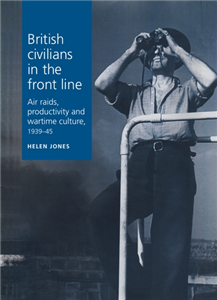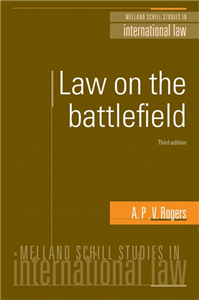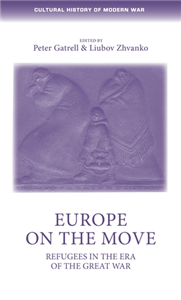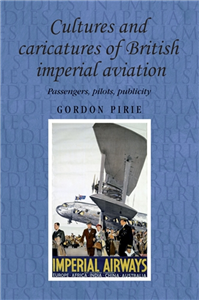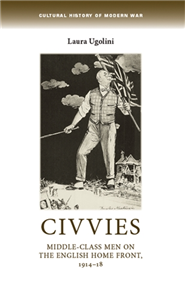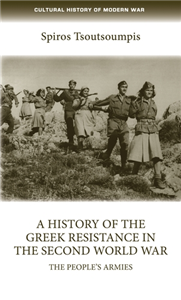British civilians in the front line
Air Raids, Productivity and Wartime Culture, 1939–1945
by Helen Jones
This is the first full-length study of the behaviour of British civilians and their reactions to air raids during the Second World War. It unravels the multiple day-to-day, concrete and local influences on people's behaviour at these times of great danger, risk and uncertainty, and challenges the traditional image of civilians as passive shelterers under attack. It uncovers Churchill and his government's desperate attempts to persuade key workers to continue with their work once the air raid siren had sounded, and reveals the complex reasons why so many workers were willing to run such risks. By drawing on a range of sources, including secret government documents, newspapers, national and local records, feature films, as well as interviews with those who worked during air raids, this book provides a fascinating analysis of private meanings and public media representations of civilians 'in the front line'. ;


